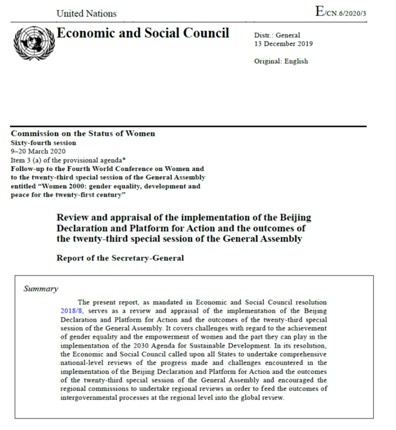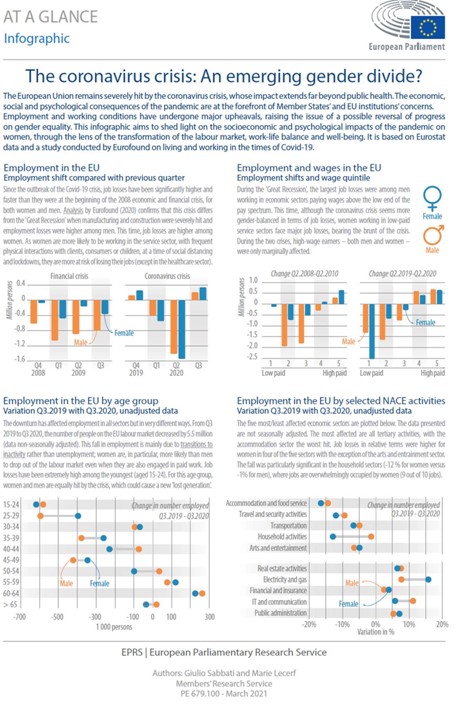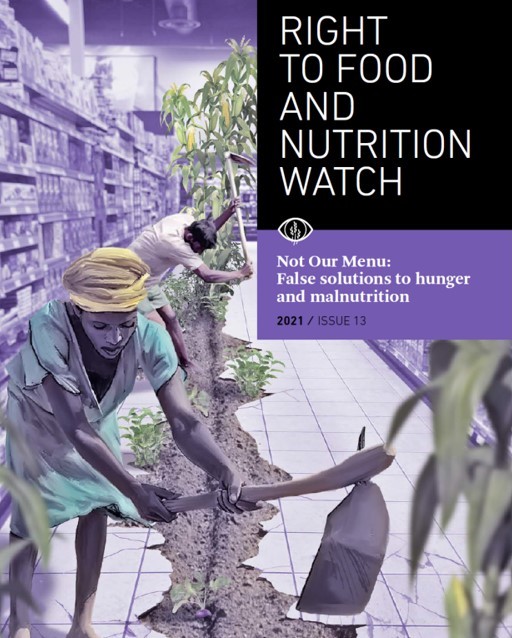EU – Why It Is Crucial to End Orphanage-Style Child Care Systems in Europe?
Извор: WUNRN – 03.07.2018
 A state-run institution for children in Moldova – Photo: Eurochild
A state-run institution for children in Moldova – Photo: Eurochild
Strengthening families and tackling child poverty goes hand-in-hand with ending institutional care for children.
Jana Hainsworth is Secretary General of Eurochild, a network of organisations working to promote the rights and well-being of children and young people. Eurochild has been running the Opening Doors for Europe’s Children campaign in 15 countries, aiming to end institutional care and strengthen families in Europe.
Hundreds of thousands of children across Europe are growing up, away from their families, in institutional care.
Children enter institutions – or ‘orphanages’, as they are often called – due to poverty or disability, rarely because they are orphans. In fact, most children who end up in institutions have at least one living parent. For example, it is estimated that 85% of children who entered institutional care in 2015 in Ukraine were placed there by their biological parents because of poverty.
Tackling child poverty goes hand-in-hand with ending institutional care for children. Organisations in Romania, Hungary, Bulgaria, Moldova, Latvia and Serbia say that poverty remains the main cause for separating children from their families. Such unnecessary institutionalisation of children, especially damaging at an early age, can be prevented if the right support services are in place in their communities.
Reliance on institutional care reflects the on-going discrimination against persons with disabilities. Children with disabilities are at a high risk of being institutionalised due to the lack of support to families and inclusive education in the local area. In Serbia, Bosnia-Herzegovina and Greece, children with disabilities live in the same institutions as adults, and those entering institutions might have to spend their whole lives behind the closed doors as there are no opportunities for independent community living.
As a pan-European campaign, Opening Doors for Europe’s Children, run by five international children’s rights NGOs aims to support national efforts to develop child protection systems that strengthen families and ensure high-quality family- and community-based alternatives instead in of institutional care. We believe that transition from institutional to family- and community-based care (also known as deinstitutionalisation or DI) should be an urgent priority for the EU.
Institutionalisation is not only a human rights issue, it is also a question of economic and social policies and is relevant across all countries in Europe without exception. And contrary to popular belief, it isn’t only a challenge for eastern and central European countries. In Belgium, for example, 92% of children in Flemish institutions are children with disabilities. Institutional care is expensive, ineffective and holds back the development of services to support vulnerable families and to prevent their breakdown in the first place.
Reliance on institutional care must stop and the best instrument to achieve this is a wise use of funds. Opening Doors for Europe’s Children released a report assessing the extent to which EU Member States have used European Structural and Investment Funds (ESIF) funds to catalyse reforms of child protection systems focused on strengthening families and ending institutional care. In the eight countries surveyed, DI was to a greater or lesser degree explicitly mentioned in the Partnership Agreements (PAs) and Operational Programmes (OPs), which are the strategic investment plans for the use of the funds. However, now our partners need to monitor closely how governments are implementing the programmes in practice.
The EU has played a significant role these past years. One of the most significant developments was to ban the use of European Structural and Investment Funds for building or refurbishing institutions. But having this commitment on paper is only a first step. Civil society plays an important role in monitoring how it is implemented in practice. Our campaign partners have observed that funds are mostly being used to build parallel services rather than investing in ‘soft measures’ such as re-training and training of staff, supporting independent living skills and personalised transition plans, and strengthening existing services in the community such as social work and primary health care.
In Western Europe, ESIF ignores investments in the transition from institutional to community-based care completely, focusing solely on employment measures. This is a missed opportunity that should be addressed in the next funding round. Investing in the human potential of the most vulnerable in our societies will reap benefits beyond any short-term job creation measures. For example, deinstitutionalisation reforms on the ground are being resisted by employees in institutional care settings for fear of losing their jobs. But ultimately ensuring the best interest of the child must drive decision-making. A society where all children can grow up in stable, nurturing family environments will be more inclusive and resilient in the long-term.



